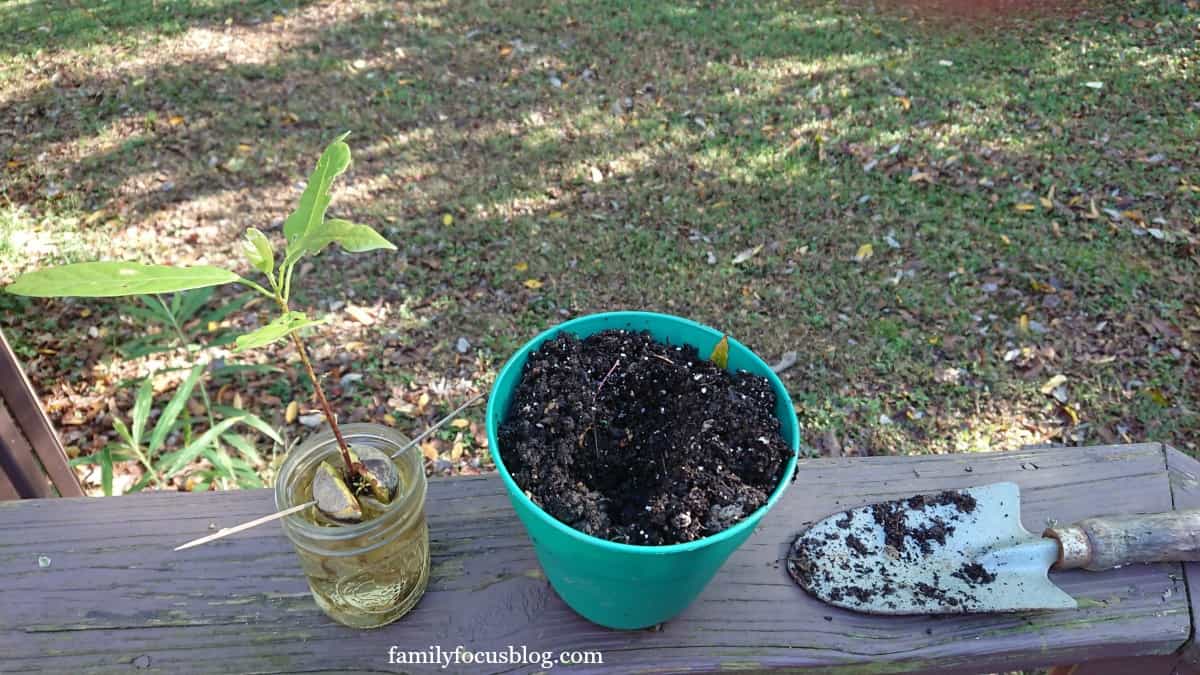If you are interested in either having a mentor or being a mentor, you might want to give some thought to the question, “What is the role of a mentor?” He or she should provide guidance, support, and expertise to someone with less experience or knowledge. But that definition just focuses on the functionality of […]
Lifestyle
Health family lifestyle. Tips for a better family life, balance work family life. Healthy family living advice so you can reap the benefits of a healthy lifestyle.
Chinchilla Care: How To Take Care Of Chinchillas As Pets
Have you been considering chinchillas as pets? Chinchillas are super soft, cute animals that are gentle and family-friendly. If you have a family member with allergies, you will love that chinchillas don’t have dander! Chinchillas are pretty easy to care for as pets but they do need a comfortable habitat and lots of attention to […]
Journal Ideas: How to Fill the Pages
Do you have any blank journals waiting to be filled? Have you been meaning to start a record of your thoughts and experiences? Sometimes we need a little help finding the motivation and consistency. Maybe you have received a journal as a gift, or bought one hoping to start writing daily. Personally, I just have […]
Raising Kids With The Entrepreneurial Spirit
We are all hopeful that our children will grow to be confident, motivated and resilient adults, but how do we best set them up for success early in life? Raising our kids with the entrepreneurial spirit can help give them the can-do growth mindset, analytical skills, and leadership abilities that allow them to thrive in […]
Great Outdoor Gift Ideas For Kids To Encourage Playing Outside
Some kids love to get outside and play. They can be amused for hours by kicking a ball around in the park or by simply charging around the back garden. However, other children need a little inspiration to get outside. Have you ever considered outdoor gift ideas for kids to get them active outside? Things […]
How To Grow An Avocado From Seed [Simple Instructions]
Want to know how to plant an avocado seed in water? It’s easy! It’s hard not to love avocados with all of the amazing benefits these delicious fruits have to offer. I love avocados for everything from improving my skin with an Avocado Honey Facial to enjoying it in my favorite guacamole avocado recipe, and […]
10 Strategies For Wealth From Leanne Jacobs
I am so excited to have Leanne Jacobs, an internationally recognized author and holistic wealth expert, share with us some of her best strategies for wealth. These wealth strategies are intended to help us stop stressing and achieve “family financial bliss.” Well, who doesn’t want that? I am all ears because I am definitely still learning […]







